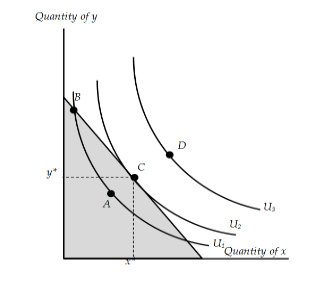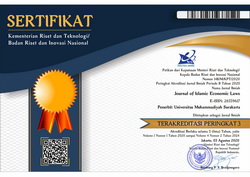Socio-Economic Determinants of Individual Muslim Zakat Payment Behavior in Indonesia: Analysis of Indonesia Family Life Survey (IFLS) Dataset
DOI:
https://doi.org/10.23917/jisel.v7i01.3362Keywords:
Zakat, Socio-Economic Status, Determinants, IFLS, BehaviorAbstract
Zakat is one of the pillars of Islam and holds significant potential in Indonesia. However, the collected amount remains below its potential due to the neglect and perceived insignificance of zakat payments by many Muslims. Therefore, understanding socio-economic behaviors and factors influencing individual decisions to pay zakat is crucial. This research investigates the determinants of socio-economic factors on individual zakat behavior, using data from the 2014 Indonesian Family Life Survey (IFLS) focusing on individuals aged 15 and above. Probit regression methodology is employed to examine individual decisions on zakat payments, utilizing STATA 17 for analysis. The findings indicate that individuals with higher socio-economic status are more likely to pay zakat, as evidenced by variables such as gender, household size, age, home ownership, loans, years of schooling, income, religiosity, and occupation significantly influencing contributions. However, variables like place of residence and marital status do not significantly impact payment decisions. Research implications highlight the need for targeted interventions and educational programs to enhance zakat awareness and compliance, especially among individuals with lower socio-economic status.
Downloads

Submitted
Accepted
Published
Versions
- 2024-03-13 (2)
- 2024-03-13 (1)
How to Cite
Issue
Section
License
Copyright (c) 2024 Journal of Islamic Economic Laws

This work is licensed under a Creative Commons Attribution-ShareAlike 4.0 International License.



















